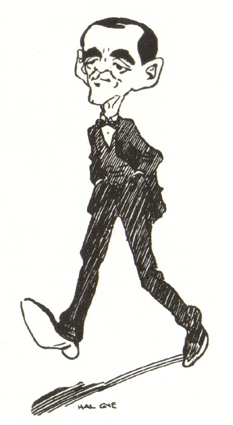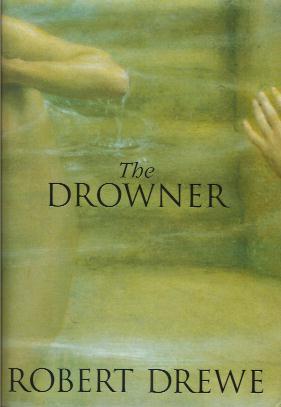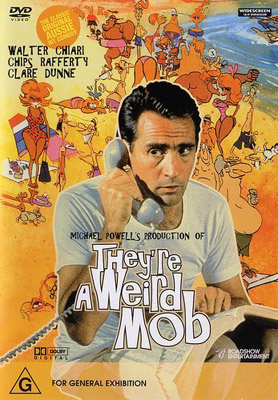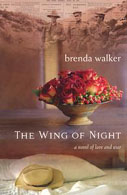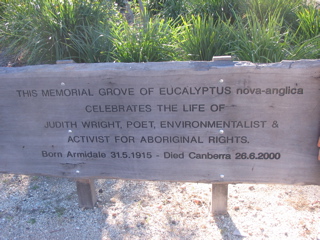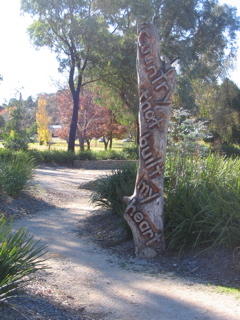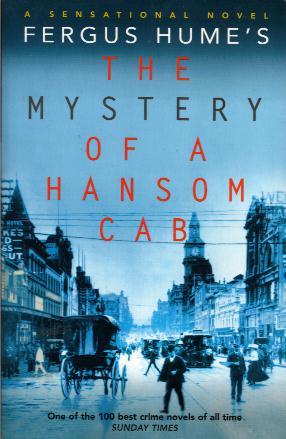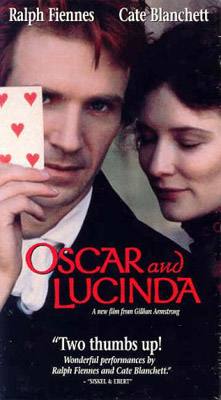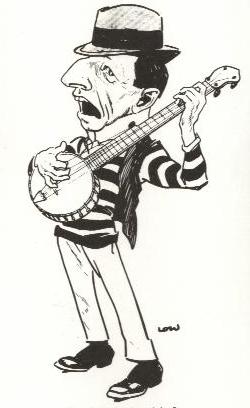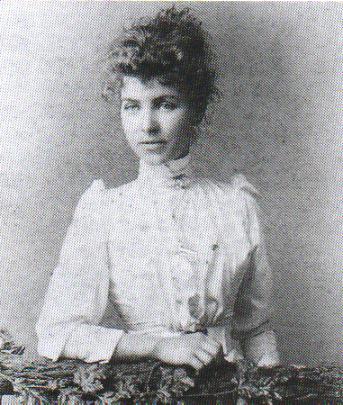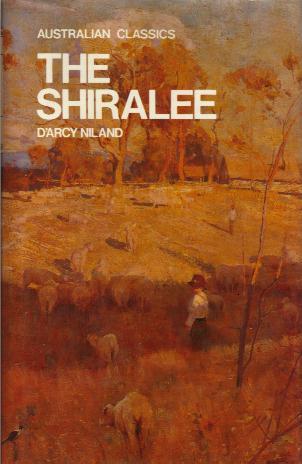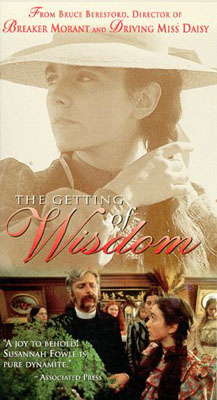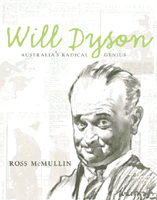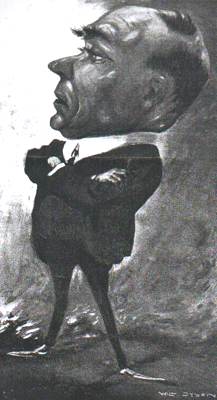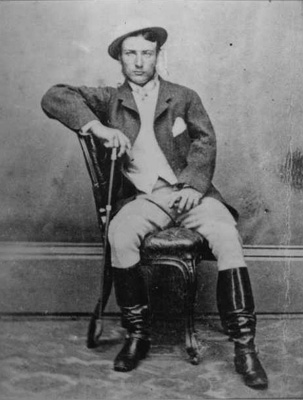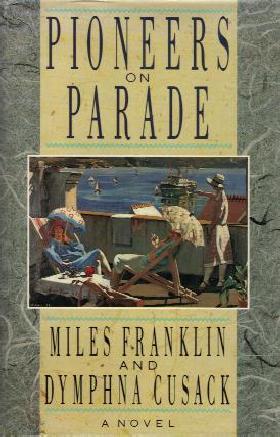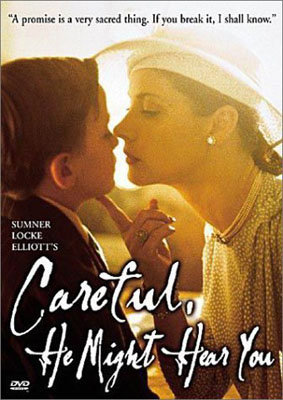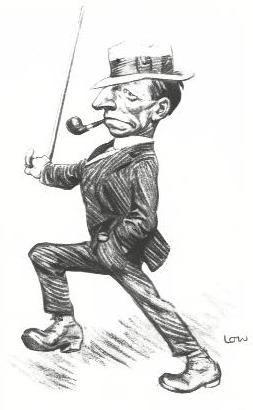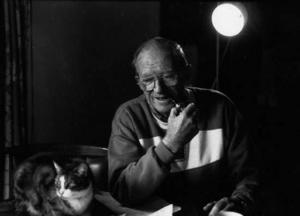If I thought last week was quiet then I have no idea of how to describe the Australian offerings in "The Age" this week. As far as I can tell the only work on display is Diane Cilento's autobiography, My Nine Lives, reviewed by Brian McFarlane. So we have to thank our lucky stars that it has a fair bit more to say than most others of its ilk: "At about 500 pages, the book is a serious investment of the reader's time, but it is worth it in the end. Cilento writes far more eloquently - and has a more interesting story to tell - than most showbiz autobiographers. One could quibble over errors...and she is meagre with dates and indexing. But she emerges as an impressive woman who wanted some unusual things and went adventurously after them."
Short notices are given to: The Crow by Alison Croggon who is "the kind of fantasy writer who wants you to see every blade of grass, and she has a highly immersive imagination"; Walking Ella: Ruminations of a Reluctant Dog-Walker by Robert Drewe, an "updated re-issue of Drewe's 'dog dossier'".
It's quiet, too quiet.
"The Australian" redeems the weekend with some decent-sized reviews. For which we should be grateful.
Cath Keneally reviews Candle Life, the new novel by Venero Armanno. The author is one of those working in the literary fiction area who receive little attention in the mainstream press: Kerryn Goldsworthy was particularly praising of his previous novel the Volcano. Keneally, though, seems noticeably ambivalent about this one in the body of the review, praising on the one hand: "Armanno is a gifted scene-setter who instinctively shies away from privileging his own cultural viewpoint"; and finding fault on the other: "The problem, with Gail Jones's book also, is that it's difficult to claim a sufficient stake in a city such as Paris, even after a few extended stays, to be able to write a story convincingly rooted there...Armanno tries too hard to find that link, reaching finally for a mystical, drug-induced identification with his low-life acquaintances and the city itself. He strains to incorporate some of Paris's intriguing past into his narrative, but the chosen data proves intractable." By the end, however, she's come around: "Armanno is a writer full of ease and confidence, carried along on a full tide of story that lets him play and sing as well as effortlessly spin a yarn."
Lindsay Foyle is happy to see Ross McMullin's new biography, Will Dyson: Australia's Radical Genius: "Dyson was a radical genius, social gadfly, committed war artist, great cartoonist and one of the best-known Australians in the world. There's all of that and more in this book."
David Kennedy looks at A Man of Intelligence by Ian Pfennigwerth: "Not many people have heard of Eric Nave, who was at the cutting edge of cracking the Japanese codes that foretold the start of the Pacific war, hobnobbed with British royalty and was involved in ASIO and the Petrov Russian spy defections."
Jennifer Moran and generally appreciates 1606: An Epic Adventure by Evan McHugh: "the 1606 sightings are documented and McHugh uses a variety of primary and secondary sources to buttress his tale of the navigators, traders, scientists, empire builders and sailors who would look on the new world from that year until the publication of Matthew Flinders's map of Australia in 1814...McHugh makes the point that adventure, rather than simply the idea of empire or the satisfaction of the trader's purse, motivated many of those who set out from Europe. It was dangerous and sometimes foolhardy, but dramatic and enthralling."
Short notices are given to: The Summons by David Whish-Wilson in which "the sickly, cloying atmosphere of Nazi Germany in the lead-up to World War II is captured brilliantly"; In Search of Africa by Frank Coates which "spans a turbulant half-century and has more characters than a Brazilian soap opera"; Pictures of Us by Todd Alexander: "While there's not much action around the abundant dialogue, the unravelling of apparently ordered lives that drives this more than competent first novel is enough to retain interest."
Jodie Minus on the children's literature front, Shadows in the Mirror by Cameron Nunn: the "school playground acts as a metaphor for the greater world, in which authority should be questioned and individuals must trust their moral instinct"; Don't Call Me Ishmael by Michael Gerard Bauer whose second novel (after last year's award-winning The Running Man) "is wildly different: comic and colourful, with characterisations bordering on caricatures"; His Name in Fire by Catherine Bateson who "uses letters, vignettes and song lyrics to bring to life Abbatoir Town, a small rural enclave battling the odds and struggling to prosper"; The Dreamkeeper by Robert Ingpen, the "evocation of the world the Dreamkeeper inhabits - of dragons, goblins, imps and gnomes - is so convincing that readers will want to replicate the reducing potion made from the juice of houseflies." Not this little black duck I think.
Every now and again you come across a review which, at first blush, looks more than a little over the top. And then, on a second reading, you start to get what it is all about. One such is Rebecca Sparrow's review of Tara June Winch's Swallow the Air in "The Courier-Mail": "Sometimes in life you are lucky enough to stumble upon a book that irrevocably changes you and profoundly changes how you experience the world... loved this book. It moved me to tears. It inspired me. It was a reminder of the power of great writing. I feel richer for having stepped inside May's world and it opened my eyes in a way television news bulletins and newspaper headlines never could. If this is what Tara June Winch is capable of writing at just 20 years old, I wait in admiration and anticipation at what she produces next. Swallow the Air is nothing short of extraordinary."
So what started out rather thin ended up quite satisfactory after all.
